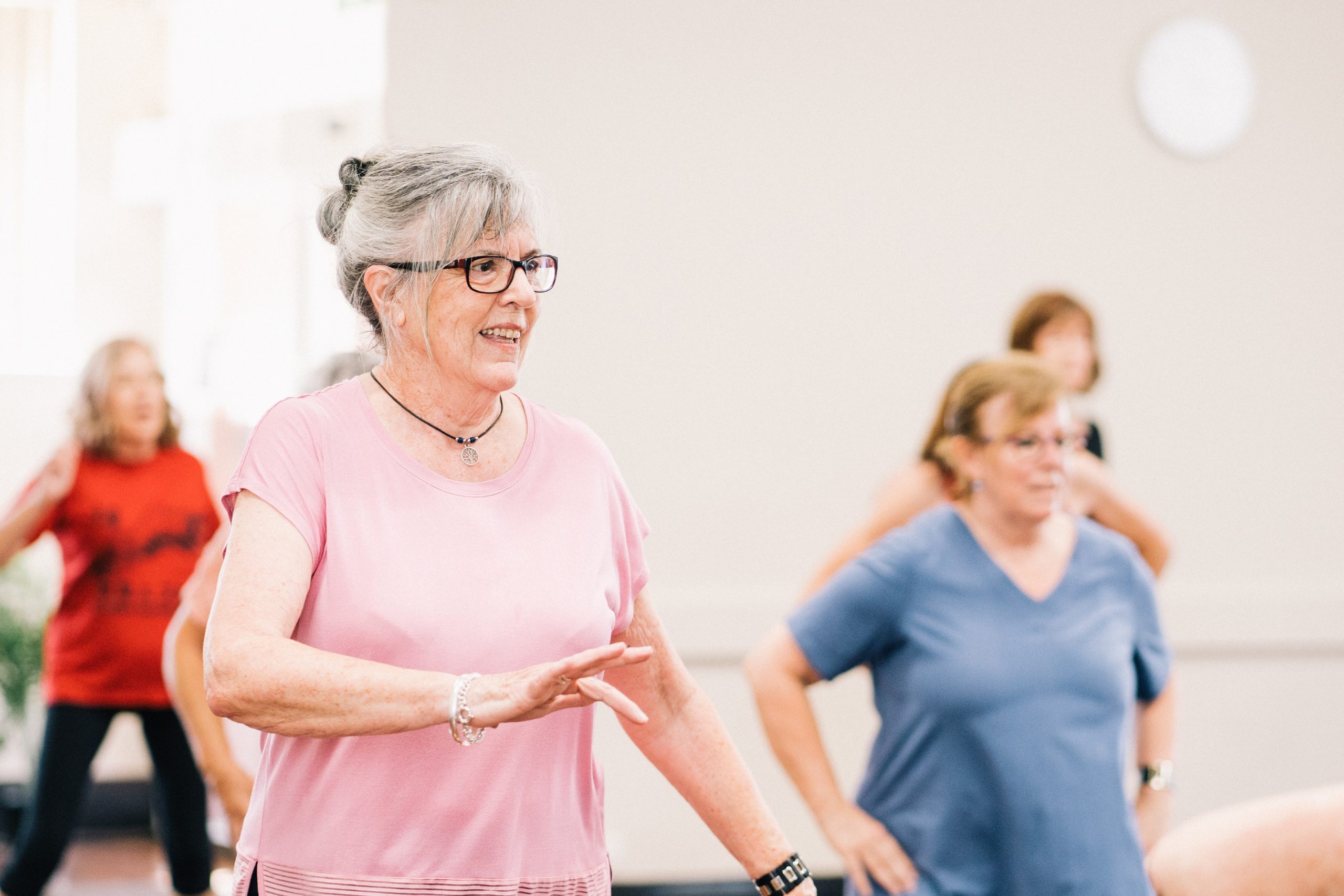The Importance of Exercise in Elderly Health and Well-being

The image is not directly related to the article. It merely symbolizes the life of elderly people.
As we age, it becomes increasingly important to prioritize our health and well-being. A crucial aspect of this is regular exercise. Exercise is not just for the young; it plays a vital role in maintaining the health and well-being of the elderly population. In fact, exercise is even more critical for older adults as it helps to prevent and manage various age-related health conditions, improve physical and mental well-being, and enhance overall quality of life.
One of the main benefits of exercise in the elderly is the prevention and management of chronic diseases. Regular physical activity can help reduce the risk of conditions such as heart disease, stroke, type 2 diabetes, and certain types of cancer. Exercise has also been proven to be effective in managing conditions such as arthritis, osteoporosis, and high blood pressure. By incorporating exercise into their daily routine, older adults can significantly improve their health outcomes and reduce the reliance on medications.
Physical exercise in the elderly is not only beneficial for the body but also for the mind. Research has consistently shown that exercise can enhance cognitive function, memory, and mental health in older adults. Physical activity increases blood flow to the brain, which promotes the growth of new neurons and improves overall brain function. Regular exercise has also been linked to a reduced risk of developing age-related cognitive decline and neurodegenerative diseases such as Alzheimer’s disease. Additionally, exercise releases endorphins, which are natural mood enhancers, leading to improved mental well-being and a reduced risk of depression and anxiety.
Apart from the physical and mental health benefits, exercise also plays a crucial role in maintaining functional independence and improving quality of life in older adults. Regular physical activity helps to improve muscle strength, flexibility, and balance, reducing the risk of falls and injuries. By maintaining these physical abilities, older adults can continue to perform everyday activities independently, ensuring a higher level of autonomy and a greater sense of self-worth. Exercise also promotes social interaction and engagement, as it provides opportunities for older adults to participate in group activities, classes, or sports, which can lead to new friendships and a sense of belonging.
It is important for older adults to consult with their healthcare provider before starting any exercise regimen, as individual needs and limitations vary. However, the general recommendation for older adults is to aim for at least 150 minutes of moderate-intensity aerobic activity per week, along with muscle-strengthening activities on two or more days per week. It is also essential to start slowly and gradually increase the intensity and duration of exercise to prevent injuries.
In conclusion, exercise is of paramount importance for the health and well-being of older adults. It plays a crucial role in preventing and managing chronic diseases, improving cognitive function and mental well-being, and maintaining functional independence. By incorporating regular exercise into their daily routine, older adults can enjoy a higher quality of life, increased longevity, and a greater sense of overall well-being. So, let’s encourage our elderly loved ones to prioritize exercise and help them maintain a healthy and active lifestyle.
The image is not directly related to the article. It merely symbolizes the life of elderly people. As we age, it becomes increasingly important to prioritize our health and well-being. A crucial aspect of this is regular exercise. Exercise is not just for the young; it plays a vital role in maintaining the health and…
Recent Posts
- Empowering Caregivers: The Best Online and Offline Resources to Enhance Your Skills
- Traveling with a Purpose: The Rise of Volunteer Vacations
- Breaking Stigma: Dispelling Myths about Mobility Aids and Disability
- Avoiding Probate: How Trusts Can Simplify the Estate Settlement Process
- Senior Citizens Beware: Common Financial Scams and How to Stay Protected

